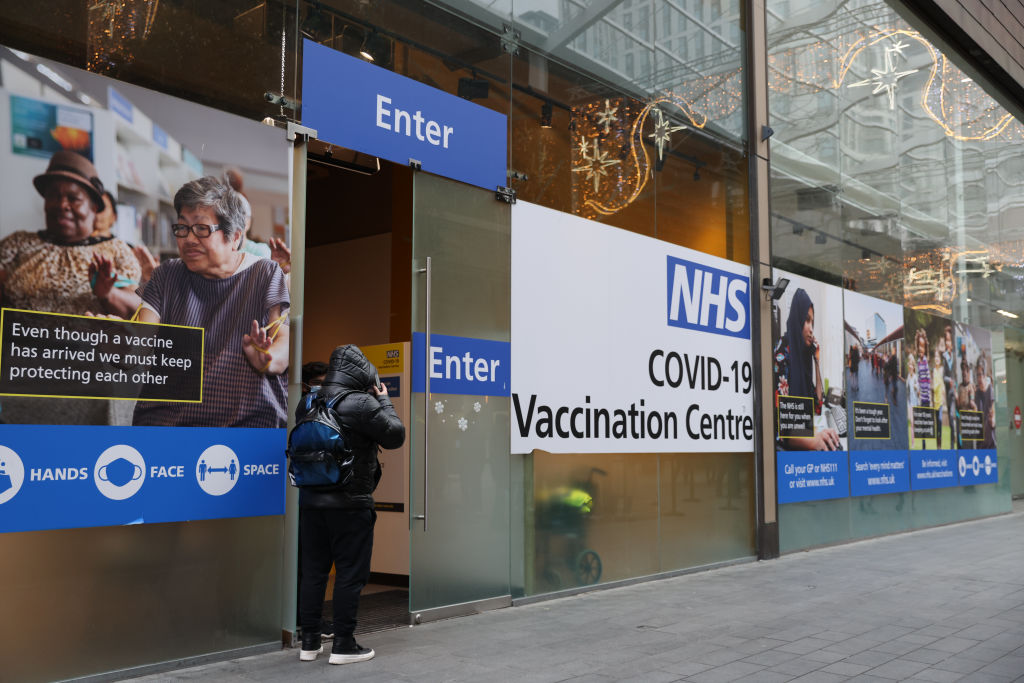MPs from across the political spectrum will today take part in the first-ever parliamentary debate on ‘preventing obesity and fatty liver disease’ to address the growing liver disease epidemic caused by skyrocketing rates of obesity in the UK.
The debate coincides with International NASH day, a global initiative aimed at raising awareness of this often-overlooked liver condition. Almost two-thirds of adults are overweight or obese, putting them at a greater risk of non-alcohol-related fatty liver disease (NAFLD).
NAFLD is caused by having too much fat in the liver. It is closely linked to being overweight as well as conditions such as Type 2 diabetes and heart and circulatory disease. Non-alcohol steatohepatitis (NASH) is the more serious form of the condition which can lead to liver cancer or liver failure.
It is estimated that four in five people affected by NASH are completely unaware that they have it, as the disease often goes undetected as there are usually no symptoms in the early stages.
To combat this growing health problem, the British Liver Trust is calling for population-level preventative measures to curb rocketing rates of obesity along with regulation of the obesogenic environment, coupled with comprehensive education and awareness programs, which will be vital in stemming the tide of fatty liver disease.
Pamela Healy, Chief Executive at the British Liver Trust, says: “Liver disease is the public health emergency that no-one is talking about, killing more than 10,000 people every year. Obesity is a key driver and if current trends continue, will be the leading cause of liver disease, overtaking alcohol, by the end of this decade.
“We have fostered an environment where carrying excess weight has become the prevailing standard. Urgent action is required from the government to address the easy access and excessive availability of unhealthy food, which is often cheaper than healthier alternatives. To initiate this process, it is imperative that plans to limit promotions on bulk purchases and the advertising of unhealthy food are reinstated immediately.”
Statistics reveal a worrisome trend, with the proportion of overweight or obese adults in England surging from 52.9% in the early nineties to a staggering 64.3% today. Similarly, the prevalence of obesity has more than doubled, rising from 14.9% to an alarming 28.0% during the same period. These figures underscore the urgent need for comprehensive actions to address the obesity crisis in the country.
Maggie Throup MP, past-chair of the All-Party Parliamentary Group on Obesity, Public Health Minister 2021/22 and a passionate advocate for combating obesity-related conditions, highlighted the significant financial toll of obesity, stating,
“Obesity is damaging the nation’s health and wealth and costs the economy £58 billion. It also costs NHS £6.5 billion annually and this figure is estimated to rise to £9.7 billion by 2050. The overall cost of food-related disease, lost workforce productivity, low educational outcomes, and NHS funds are estimated to be equivalent to cutting the country’s GDP by 3.4%. Obesity is having a real-term impact on the nation’s productivity and growth potential – if you are ill or unwell, you can’t work or will be less productive and have more days off sick.
“However, this is not just about the economic cost. Living with obesity can also increase your risk of developing many potentially serious health conditions, including fatty liver disease, type 2 diabetes, coronary heart disease and stroke. We need political leadership to provide a level playing field and market certainty for industry to deliver a food system that improves the health and wealth of the nation.”
With liver disease on the rise and obesity reaching alarming levels, the British Liver Trust is calling for urgent action to tackle the growing crisis. The charity’s call to actions include:
People who are worried that they may be at risk of non-alcohol related fatty liver disease can take an online quiz at www.britishlivertrust.org.uk/screener


